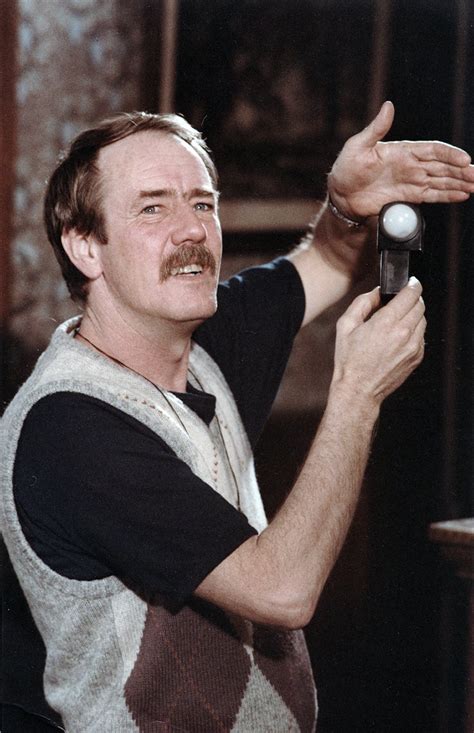A Quote by Salman Rushdie
Related Quotes
My favorite method of encryption is chunking revolutionary documents inside a mess of JPEG or MP3 code and emailing it off as an "image" or a "song." But besides functionality, code also possesses literary value. If we frame that code and read it through the lens of literary criticism, we will find that the past hundred years of modernist and postmodernist writing have demonstrated the artistic value of similar seemingly arbitrary arrangements of letters.
The idea of some kind of objectively constant, universal literary value is seductive. It feels real. It feels like a stone cold fact that In Search of Lost Time, by Marcel Proust, is better than A Shore Thing, by Snooki. And it may be; Snooki definitely has more one-star reviews on Amazon. But if literary value is real, no one seems to be able to locate it or define it very well. We're increasingly adrift in a grey void of aesthetic relativism.
Hannah Arendt in her study of totalitarianism borrowed from Immanuel Kant the concept of radical evil, of evil that's so evil that in the end it destroys itself, it's so committed to evil and it's so committed to hatred and cruelty that it becomes suicidal. My definition of it is the surplus value that's generated by totalitarianism. It means you do more violence, more cruelty than you absolutely have to to stay in power.
Cruelty, very far from being a vice, is the first sentiment Nature injects in us all. The infant breaks his toy, bites his nurse's breast, strangles his canary long before he is able to reason; cruelty is stamped in animals, in whom, as I think I have said, Nature's laws are more emphatically to be read than in ourselves; cruelty exists amongst savages, so much nearer to Nature than civilized men are; absurd then to maintain cruelty is a consequence of depravity. . . . Cruelty is simply the energy in a man civilization has not yet altogether corrupted: therefore it is a virtue, not a vice.
Tolerance of Cruelty in any form is a degraded state of mind and soul. When we freely allow the massacre and prolonged torture of defenseless creatures, it increases our receptivity to human cruelty and war and steals our humanity, peace and soul. Very little speeds and greases your way to Hell, like animal cruelty.
Aesthetic value emanates from the struggle between texts: in the reader, in language, in the classroom, in arguments within a society. Aesthetic value rises out of memory, and so (as Nietzsche saw) out of pain, the pain of surrendering easier pleasures in favour of much more difficult ones ... successful literary works are achieved anxieties, not releases from anxieties.







































